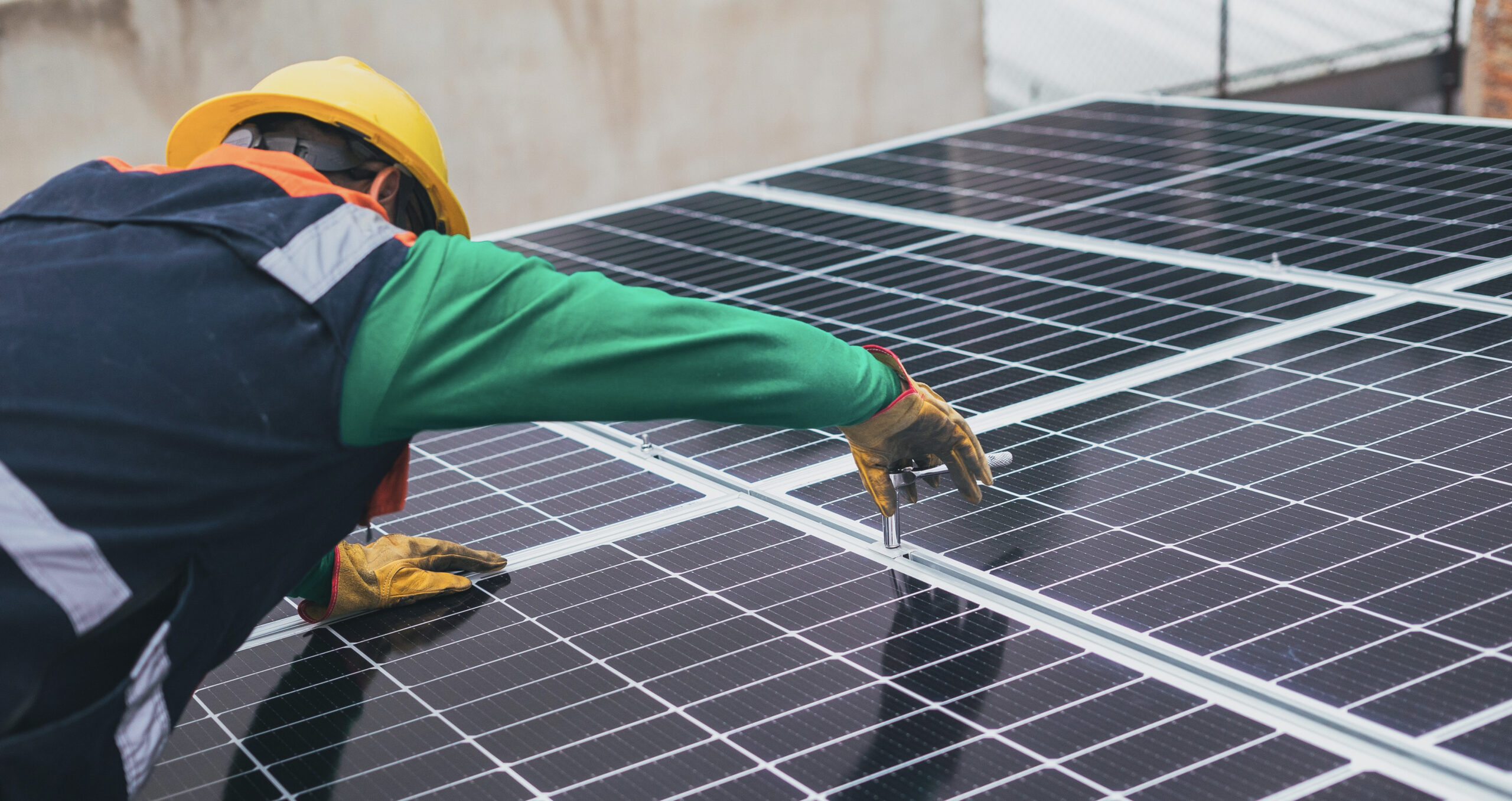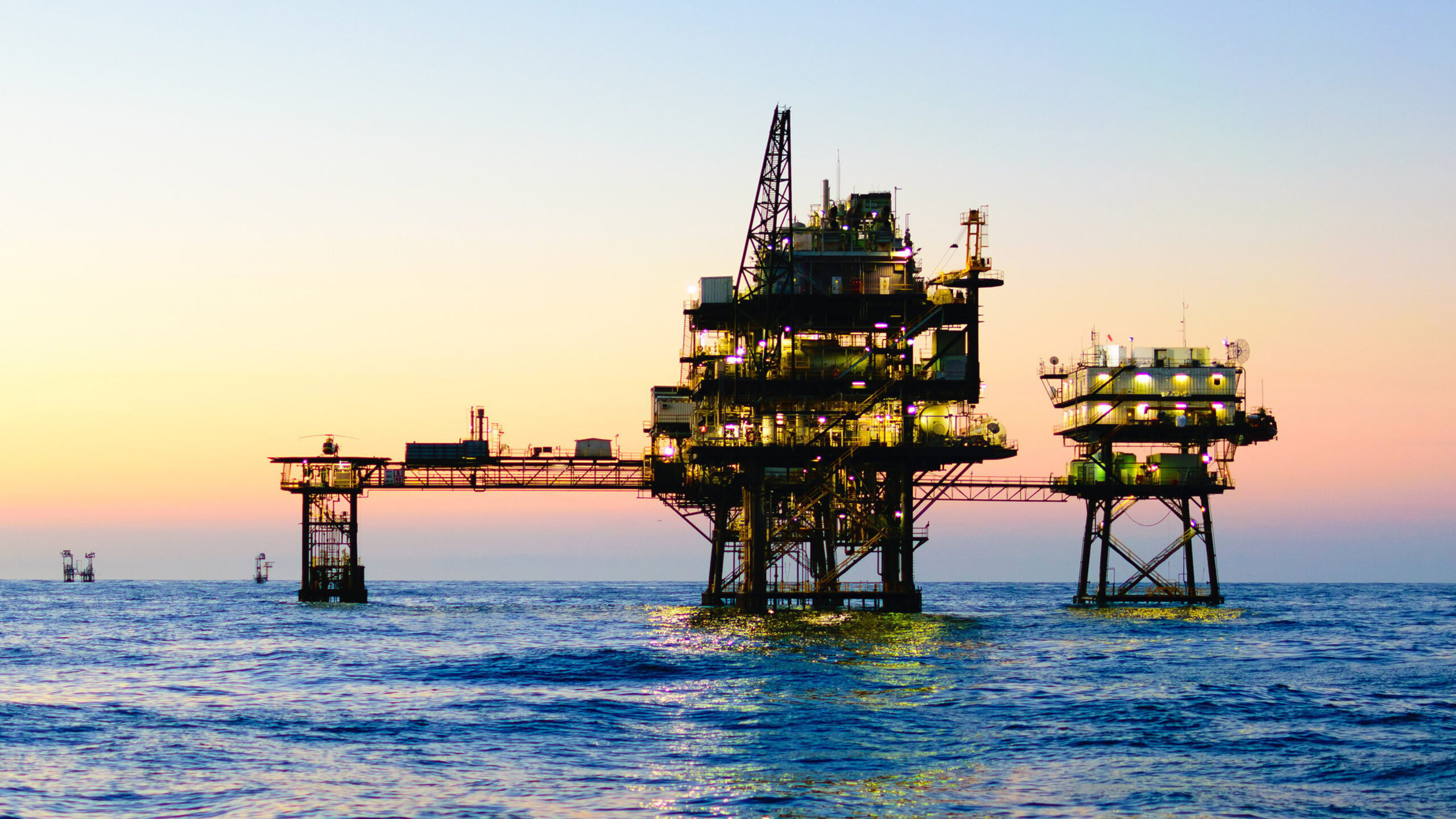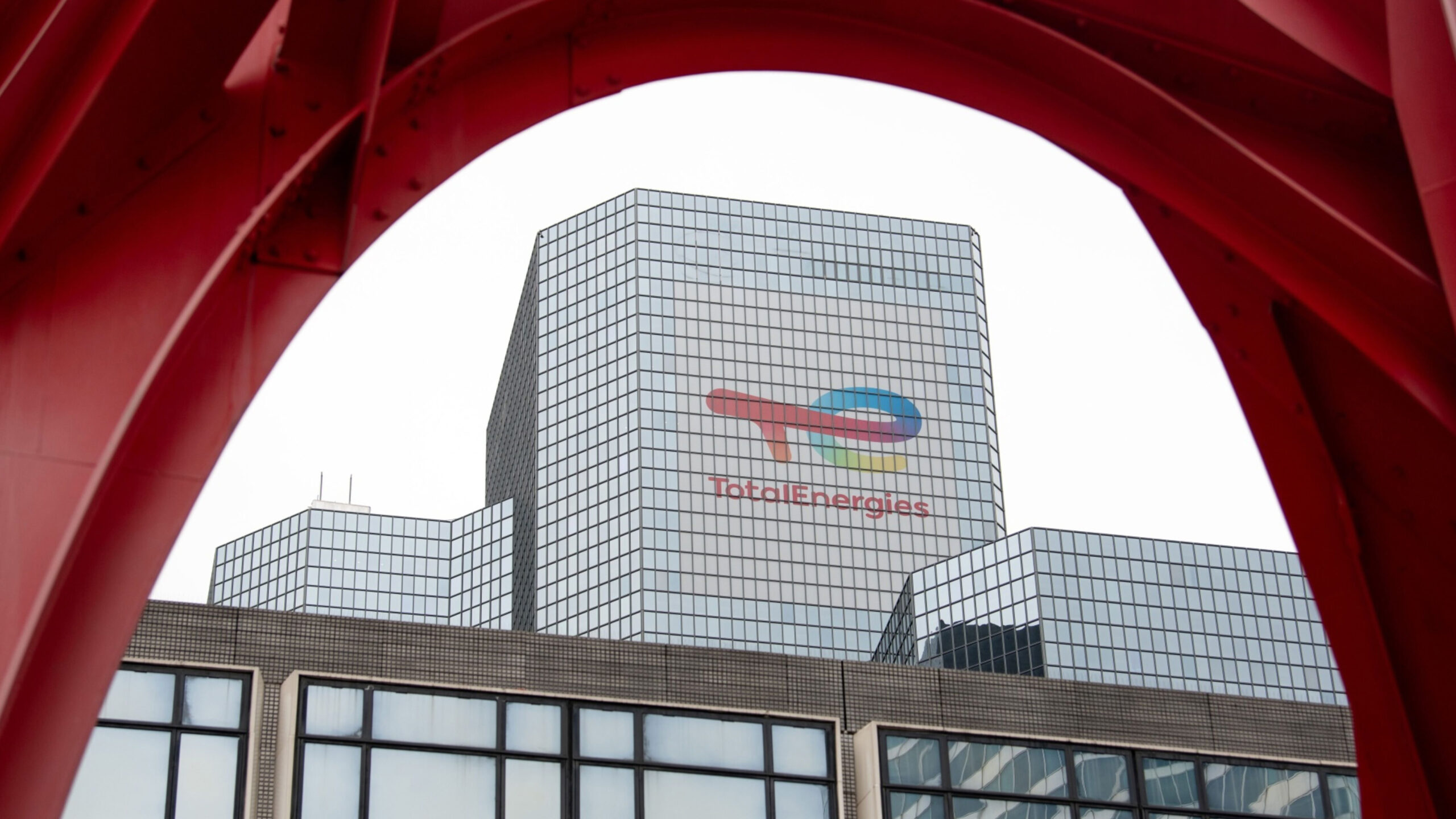
IEA underlines need for huge increase in clean energy investment

The International Energy Agency’s updated net zero scenario celebrates the rollout of solar power and electric vehicles, but warns that more money, faster action and better politics are key to timely climate action
A massive uptick in investment in clean energy globally, and especially in emerging and developing economies, is vital if the world is to keep global heating below 1.5C and avoid the worst impacts of climate change, warns the International Energy Agency in a new report.
The update of the IEA’s landmark Net Zero Roadmap, originally published in 2021, reveals that record growth in solar power capacity and electric car sales in recent years is in line with the world reaching net zero emissions by the mid-century. Industry plans for rolling out new manufacturing capacity for these sectors is also on track, said the Paris-based agency.
Yet, remaining on track hinges on mobilising a significant increase in investment, especially in emerging and developing economies, underlined the IEA. In its latest net zero pathway, global clean energy spending rises from $1.8tn in 2023 to $4.5tn annually by the early 2030s, with a sevenfold surge in clean energy investment in poorer countries.
IEA executive director Fatih Birol described this increase as a “tall order, a Herculean task”.
In addition to tripling global installed renewables capacity by 2030, keeping global heating below 1.5C will require richer countries to bring forward their net zero targets to around 2045 to allow emerging and developing economies more time to transition, according to the report.
Climate versus geopolitics
The biggest challenge for climate action is, however, “geopolitical fragmentation”, Birol said in a briefing. “Strong international cooperation is crucial to success,” he said, calling on governments to “separate climate from geopolitics, given the scale of the challenge at hand”.
Indeed, despite technological progress, the report offered the unwelcome reminder that global carbon dioxide emissions from the energy sector reached a new record high of 37bn tonnes in 2022.
“For all countries, speeding up permitting, extending and modernising electricity grids, addressing supply chain bottlenecks, and securely integrating variable renewables are critical” to reverse this trend, stated the report.
In the IEA’s updated scenario, by 2050, fossil fuel demand falls by 80 per cent. “As a result, no new long-lead-time upstream oil and gas projects are needed, neither are new coal mines, mine extensions or new unabated coal plants,” it said, though “continued investment is required in some existing oil and gas assets and already approved projects”.
“Sequencing the increase in clean energy investment and the decline of fossil fuel supply investment is vital if damaging price spikes or supply gluts are to be avoided,” warned the IEA.
“Tripling renewable electricity is the single biggest action required this decade to secure a rapid shift away from fossil fuels,” said Dave Jones, global insights lead at energy think-tank Ember, in a statement. “It’s not rocket science, but it does require the determination and urgency of a space race.”
Last week at Climate Week NYC, 250 renewable energy organisations from around the world launched a campaign calling on world leaders to commit to triple global renewable energy capacity at COP28 this autumn.
Similar Articles

In Brief: EU directs funds to sustainable fisheries; ethical tax standards released

In Charts: Canada, Japan, South Korea ‘blocking clean energy transition’ with fossil fuel finance


